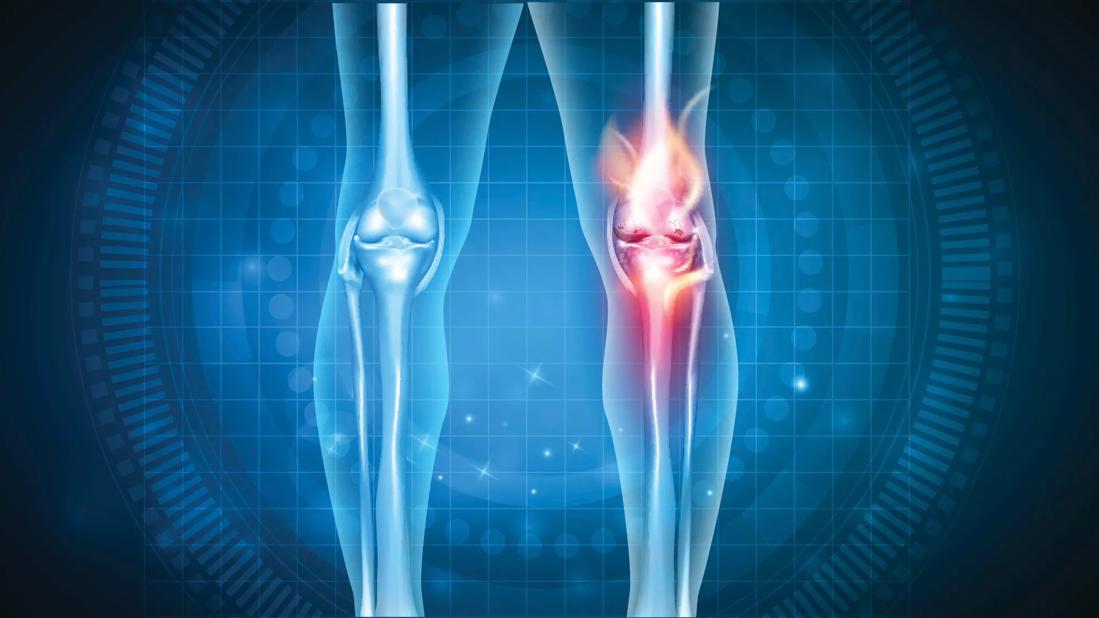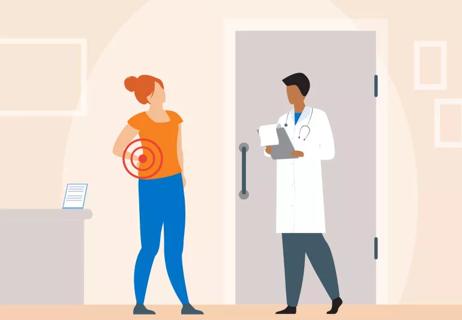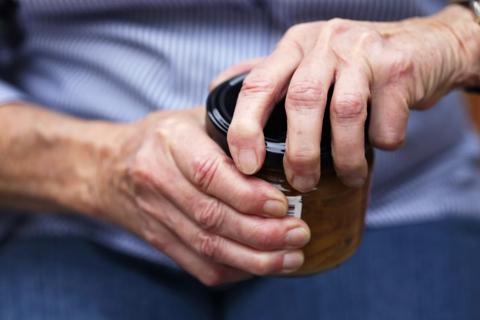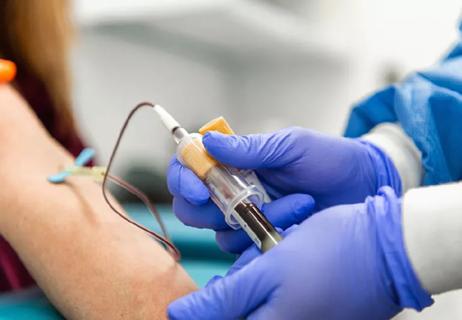The Short Answer from a rheumatologist

A.: Most people fully recover from reactive arthritis, but it may take a few months to a year. Some people have symptoms long-term.
Cleveland Clinic is a non-profit academic medical center. Advertising on our site helps support our mission. We do not endorse non-Cleveland Clinic products or services. Policy
Reactive arthritis is joint pain and swelling triggered by an infection in another part of your body. The infection often can be cultured from the gastrointestinal tract or bladder, but not from the affected joints. Reactive arthritis occurs in some people after an infection with Chlamydia trachomatis, which is sexually transmitted, enters the bladder. Reactive arthritis also can result from infection with bacteria that enter the gastrointestinal tract from contaminated food.
Early on, reactive arthritis is treated with nonsteroidal anti-inflammatory drugs (NSAIDs) such as naproxen (Aleve®) or celecoxib (Celebrex®) to relieve pain and reduce swelling. Some people benefit from injections of corticosteroids. Exercise to strengthen muscles and improve flexibility also is recommended.
If symptoms continue, your doctor may prescribe a disease-modifying anti-rheumatic drug (DMARD), such as sulfasalazine or methotrexate. Stronger drugs called biologics also may be used.
— Rheumatologist Chad Deal, MD, Head of the Center for Osteoporosis and Metabolic Bone Disease, Cleveland Clinic
Learn more about our editorial process.

Simple exercises like tendon glides and finger lifts can have a big impact

Safe to wear for most people, compression socks promote better blood circulation in your legs

Arthritis, migraines and endometriosis are common causes of chronic pain

Some creakiness is typical after rest, but longer-lasting stiffness may be other issues

Research is inconclusive, so don’t stop eating tomatoes, potatoes and peppers just yet

From heating pads and ice to exercises and splints, find the relief that works for you

Managing the chronic pain of this autoimmune condition is important

It’s not uncommon for individuals with RA to also have the blood disorder

Your metabolism may torch 1,300 to 2,000 calories daily with no activity

A gentle touch in all the right places may help drain your sinuses